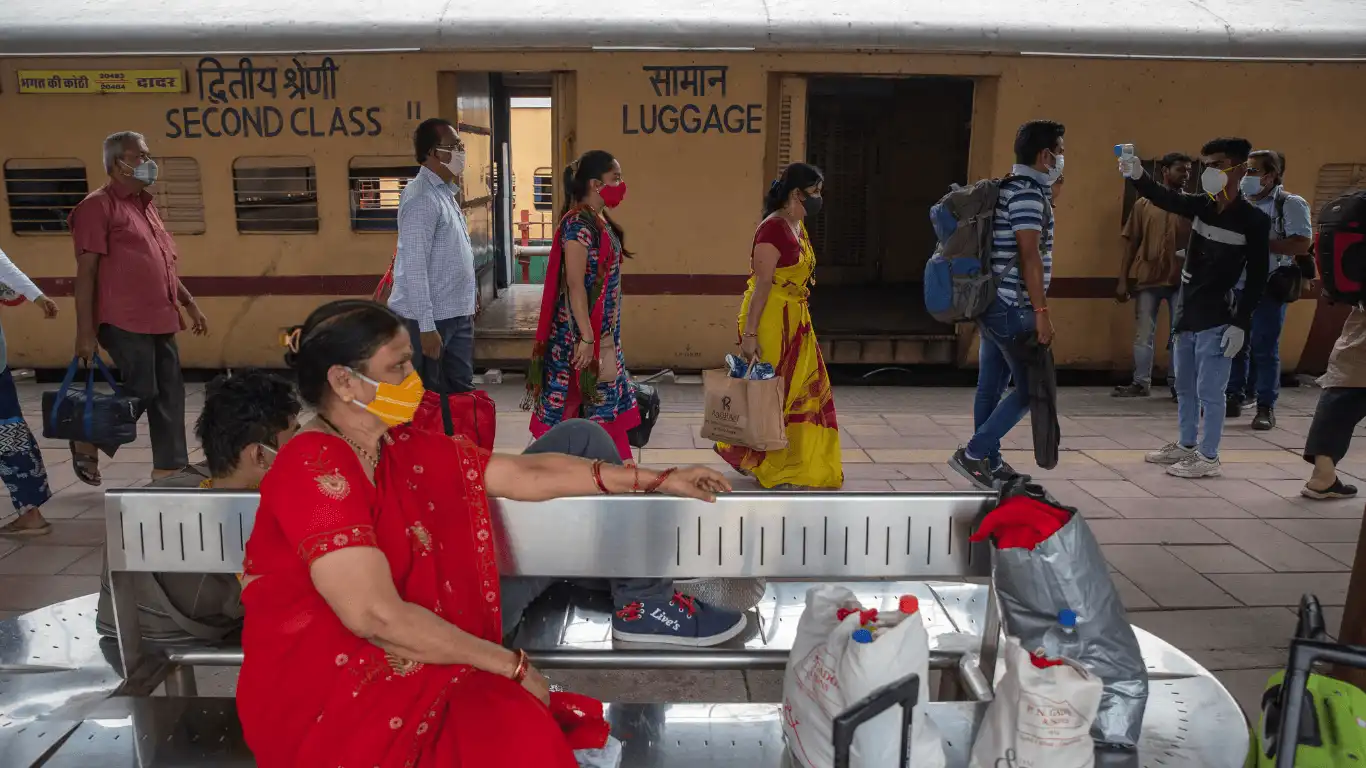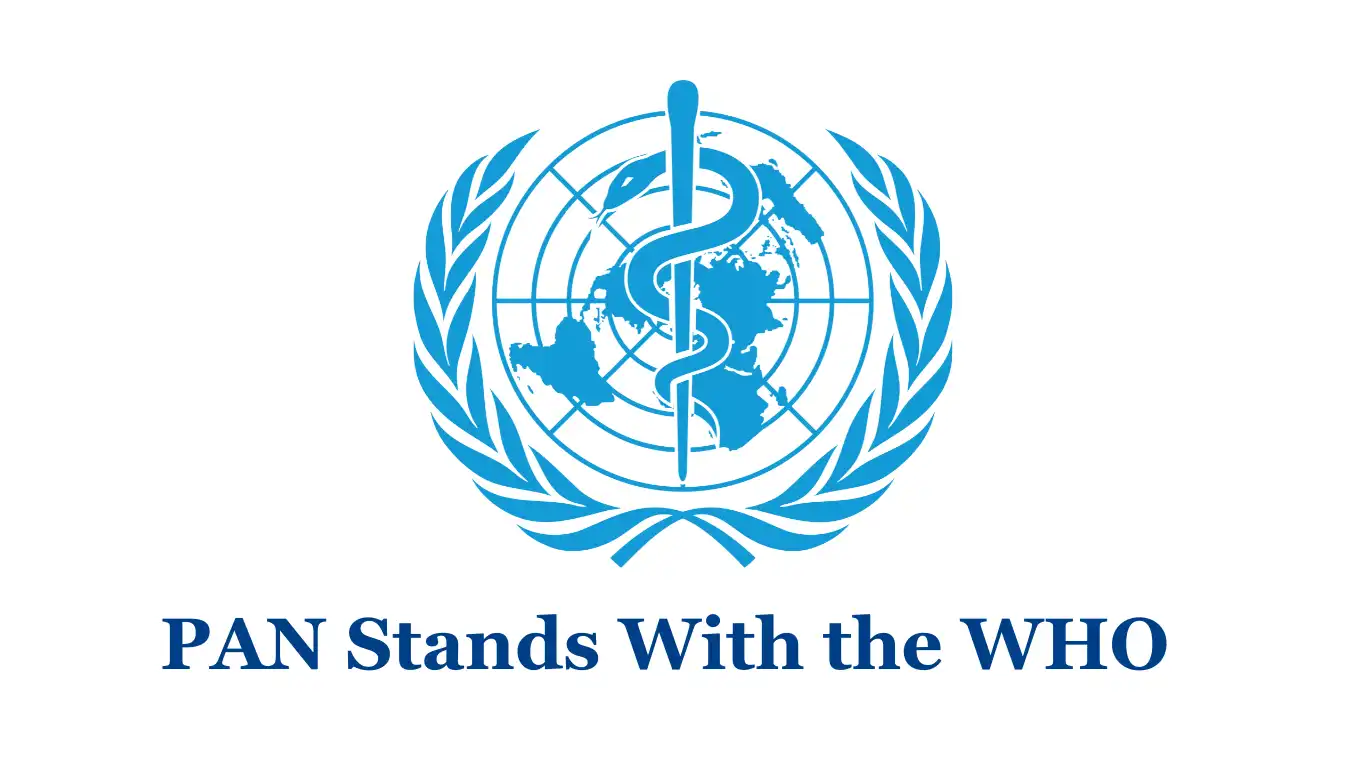I believe humanity possesses the technical expertise needed to prevent future pandemics, but without the right leadership and the right plan more pandemics will continue to happen.
Today, we face a disturbing future where political leaders are moving on from the COVID-19 pandemic before it is over for everyone and before we have made the changes necessary to ensure a crisis like COVID never happens again. Today, our politicians seem to move from crisis to crisis. This is not only a pathetic level of leadership, it is needlessly costing lives and economic devastation. In truth, we don’t fully know the fallout of this multi-year crisis. How many wasted lives will COVID cost? In fact, already, more American lives have been lost than the last century of wars. How many more pandemics will humanity endure before we generate the political will and allocate the financial resources to prevent new pandemics?
Future pandemics will be prevented… eventually. But, historically, humanity tends to meander into the future, slowly iterating towards solutions. Thanks to this iteration without a viable plan, we are likely to screw the next pandemic up less badly than COVID-19. The pandemic after that will be managed even better.
Humanity deserves better than slow iteration on pandemic preparedness. Currently, at the global level, humanity lacks an agreed-upon plan of action and sufficient funding to prevent pandemics. Without a plan and focus, there is no foundation to build political will.
From a cost standpoint, our failure to prevent pandemics is simply economic insanity. Look at the estimated cost of prevention, compared with the cost of remediation.
Preventing pandemics can happen. Experts have reliable outlines for what actions and systems are needed. There is even a consensus about what improvements are needed to international systems. The Independent Panel for Pandemic Preparedness and Response is just one of several reviews of the global system to conclude that there are clear, distinct next steps that can be taken to strengthen the funding and operations of the global system for pandemic prevention.
Solving pandemics is essentially a political problem. Political leaders focus on the crisis of the moment, and they are not rewarded for long-term planning. On the contrary, they may be rewarded — as we are seeing now — for prematurely lifting public health guidance and moving on even when we’re in a pandemic. So here we are: seven billion people and no plan. Seven billion people lack the global leadership essential for creating a plan.
Philanthropists can play a critical role in filling this gap.
Philanthropy is free to address big questions and is positioned to solve problems from the point of view of the problems themselves. Philanthropists are uniquely free to take risks and invest money where it will have the greatest impact. We can choose to focus on the long term.
Most importantly, some philanthropists possess excellent leadership skills. I believe this leadership experience, with the freedom of action we have, lets us as a group address an audacious question: “Can humanity prevent future pandemics?”
Philanthropy can also strategically partner and fill gaps in the planning and coordination that is required to translate expert recommendation into meaningful systems change. Armed with a plan developed by experts, coordinated philanthropy can support civil society and help governments mobilize to act in a coordinated effort.
Why not approach preventing pandemics from every angle?
Or, put another way: If philanthropists can’t play a leadership role, show me the political leaders who will. Without our leadership and focus, no one will mobilize and crystallize the solution. Philanthropists must acknowledge that governmental responses to the COVID-19 pandemic are demonstrably inadequate and that philanthropy — together with civil society and other stakeholders across sectors — has a critical role to play.
We cannot know if we will succeed. But we must seize this critical opportunity to catalyze coordinated action by global leaders.
Philanthropy can help sharpen the tip of the spear to create the political will to prevent future pandemics.





